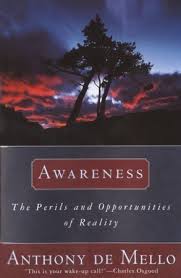Originally Published March 5th, 2012
Taking a break from reviewing, I thought maybe I could (or should?) share some information that’s in my head. It may be of benefit to some. It may be stone useless. As always, the reader decides what’s useful. (I hope eternally, at any rate. Please don’t let anyone tell you what information is useful to you! If they try to do so, at the very least be skeptical.)
See, I’ve been doing a lot of panels lately, at Farpoint and Mysticon. Some of them were just entertaining at best, some imparted useful information, and at a few it was clear that the audience came wanting to learn something, came with questions they needed answered. Since con panels tend to be, more than anything else, a collection of people with very healthy egos, talking about themselves (I am no exception as a panelist), sometimes those questions don’t get answered. That fact, to paraphrase the great Ricardo Montalban, tasks me.

